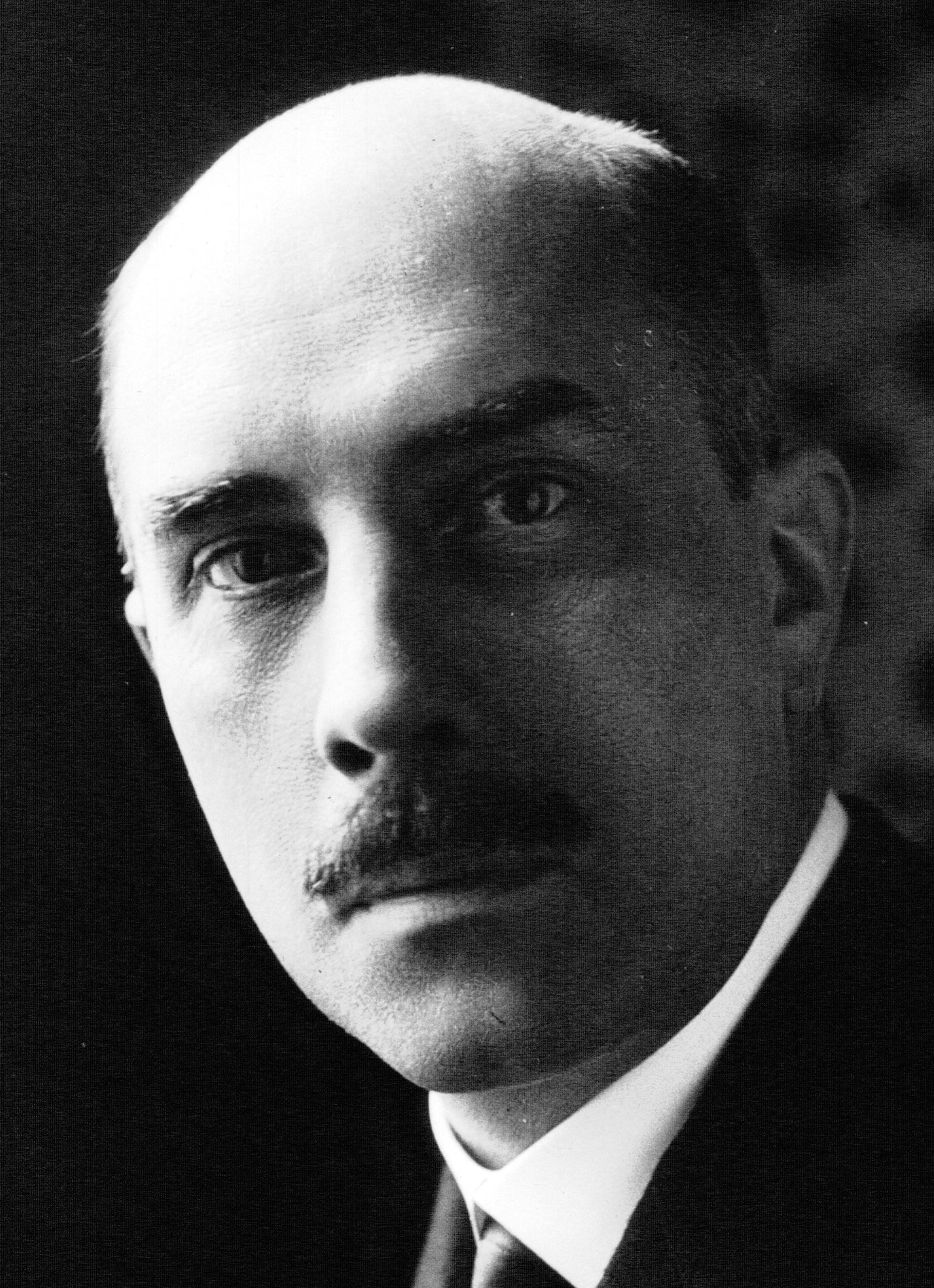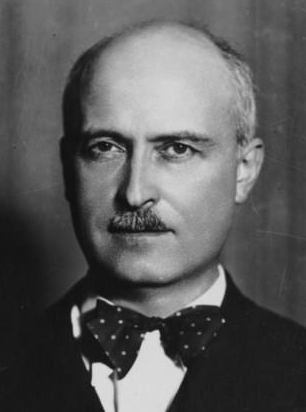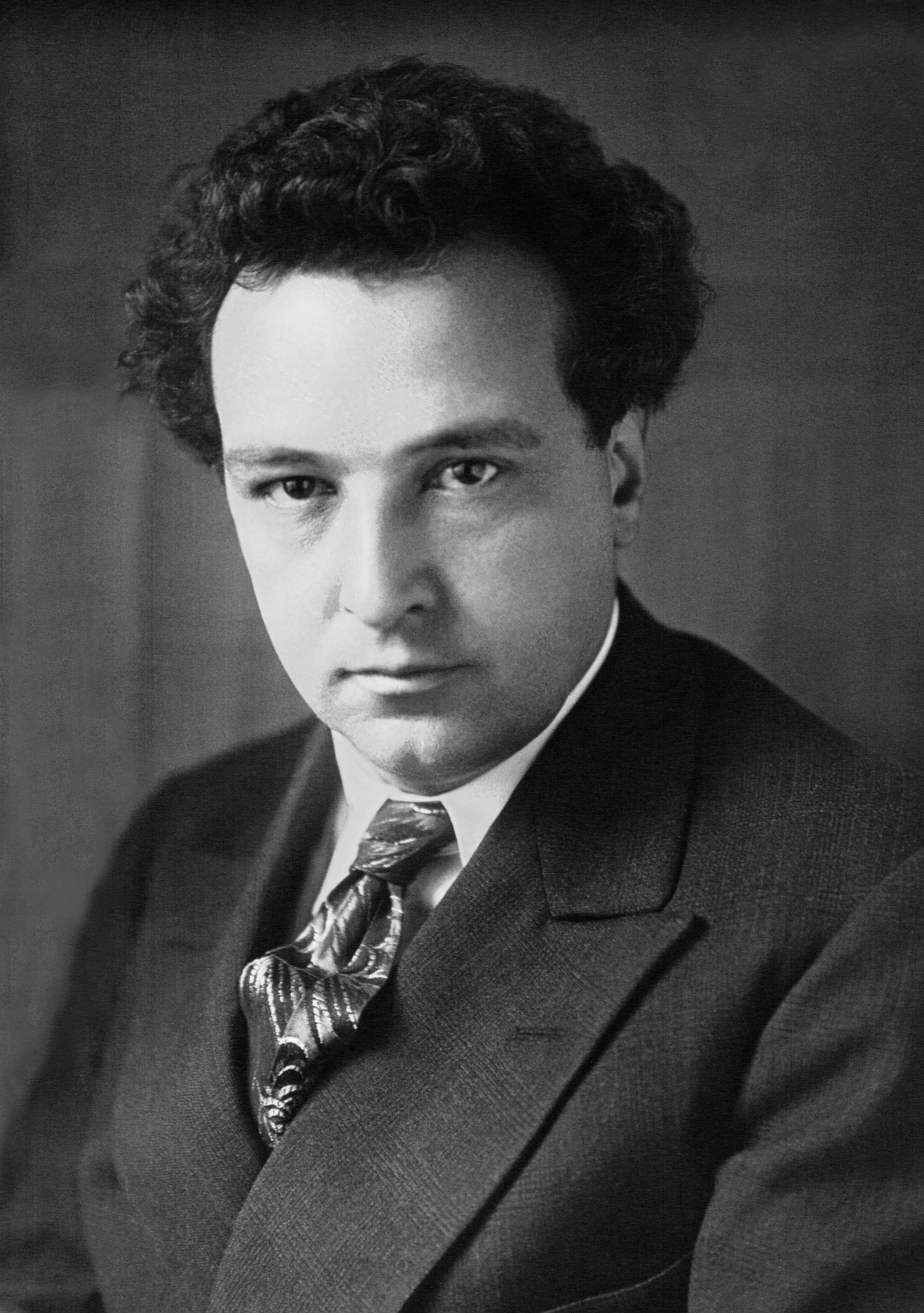|
Société Musicale Indépendante
The French société musicale indépendante (SMI) was founded in 1910 in particular by Gabriel Fauré, Maurice Ravel, Charles Koechlin and Florent Schmitt. When the SMI was founded, the Société nationale de musique was the main Parisian company defending French musical creation. Some composers did not like the atmosphere of this society, which remained extremely faithful to César Franck. Some of Ravel's works were not well received, others by Charles Koechlin, Maurice Delage or Ralph Vaughan Williams were refused. Ravel then left the Société nationale and became one of the founders of the independent society, whose aim was to support contemporary musical creation, freeing it from restrictions linked to the forms, genres and styles of programmed works. Executive committee The founding president of the SMI was Gabriel Fauré. Among others, the executive committee would include: * Louis Aubert * Béla Bartók * Nadia Boulanger * Manuel de Falla * Arthur Honegger * Jacqu ... [...More Info...] [...Related Items...] OR: [Wikipedia] [Google] [Baidu] |
Gabriel Fauré
Gabriel Urbain Fauré (; 12 May 1845 – 4 November 1924) was a French composer, organist, pianist and teacher. He was one of the foremost French composers of his generation, and his musical style influenced many 20th-century composers. Among his best-known works are his ''Pavane'', Requiem, '' Sicilienne'', nocturnes for piano and the songs "Après un rêve" and "Clair de lune". Although his best-known and most accessible compositions are generally his earlier ones, Fauré composed many of his most highly regarded works in his later years, in a more harmonically and melodically complex style. Fauré was born into a cultured but not especially musical family. His talent became clear when he was a young boy. At the age of nine, he was sent to the Ecole Niedermeyer music college in Paris, where he was trained to be a church organist and choirmaster. Among his teachers was Camille Saint-Saëns, who became a lifelong friend. After graduating from the college in 1865, Fa ... [...More Info...] [...Related Items...] OR: [Wikipedia] [Google] [Baidu] |
Manuel De Falla
Manuel de Falla y Matheu (, 23 November 187614 November 1946) was an Andalusian Spanish composer and pianist. Along with Isaac Albéniz, Francisco Tárrega, and Enrique Granados, he was one of Spain's most important musicians of the first half of the 20th century. He has a claim to being Spain's greatest composer of the 20th century, although the number of pieces he composed was relatively modest. Biography Falla was born Manuel María de los Dolores Falla y Matheu in Cádiz. He was the son of José María Falla, a Valencian, and María Jesús Matheu, from Catalonia. In 1889 he continued his piano lessons with Alejandro Odero and learned the techniques of harmony and counterpoint from Enrique Broca. At age 15 he became interested in literature and journalism and founded the literary magazines ''El Burlón'' and ''El Cascabel''. Madrid By 1900 he was living with his family in the capital, where he attended the Real Conservatorio de Música y Declamación. He studied p ... [...More Info...] [...Related Items...] OR: [Wikipedia] [Google] [Baidu] |
Vincent D'Indy
Paul Marie Théodore Vincent d'Indy (; 27 March 18512 December 1931) was a French composer and teacher. His influence as a teacher, in particular, was considerable. He was a co-founder of the Schola Cantorum de Paris and also taught at the Paris Conservatoire. His students included Albéric Magnard, Albert Roussel, Arthur Honegger, Darius Milhaud, and Erik Satie, as well as Cole Porter. D'Indy studied under composer César Franck, and was strongly influenced by Franck's admiration for German music. At a time when nationalist feelings were high in both countries (circa the Franco-Prussian War of 1871), this brought Franck into conflict with other musicians who wished to separate French music from German influence. Life Paul Marie Théodore Vincent d'Indy was born in Paris into an aristocratic family of royalist and Catholic persuasion. He had piano lessons from an early age from his paternal grandmother, who passed him on to Antoine François Marmontel and Louis Diém ... [...More Info...] [...Related Items...] OR: [Wikipedia] [Google] [Baidu] |
Jules Écorcheville
Jules-Armand-Joseph Écorcheville (17 March 1872, Paris – 19 February 1915, , Marne) was a French musicologist and collector. He studied literature and philosophy, caught interest in music (a student of César Franck from 1887 to 1890), in musicology (a student of Hugo Riemann in 1904–1905 in Leipzig Leipzig ( , ; Upper Saxon: ) is the most populous city in the German state of Saxony. Leipzig's population of 605,407 inhabitants (1.1 million in the larger urban zone) as of 2021 places the city as Germany's eighth most populous, as ...), a discipline to which he devoted himself entirely after that period. In 1912, he was elected president of the Société Internationale de Musique. Engaged in the French army during the First World War, he was killed during the assault of a German trench. He had devoted the heritage of his parents to the acquisition of a rich collection of ancient instruments and books on music. The collection was dispersed in 1920. Works (o ... [...More Info...] [...Related Items...] OR: [Wikipedia] [Google] [Baidu] |
Igor Stravinsky
Igor Fyodorovich Stravinsky (6 April 1971) was a Russian composer, pianist and conductor, later of French (from 1934) and American (from 1945) citizenship. He is widely considered one of the most important and influential 20th-century classical music, composers of the 20th century and a pivotal figure in modernism (music), modernist music. Stravinsky's compositional career was notable for its stylistic diversity. He first achieved international fame with three ballets commissioned by the impresario Sergei Diaghilev and first performed in Paris by Diaghilev's Ballets Russes: ''The Firebird'' (1910), ''Petrushka (ballet), Petrushka'' (1911), and ''The Rite of Spring'' (1913). The last transformed the way in which subsequent composers thought about rhythmic structure and was largely responsible for Stravinsky's enduring reputation as a revolutionary who pushed the boundaries of musical design. His "Russian phase", which continued with works such as ''Renard (Stravinsky), Renar ... [...More Info...] [...Related Items...] OR: [Wikipedia] [Google] [Baidu] |
Arnold Schoenberg
Arnold Schoenberg or Schönberg (, ; ; 13 September 187413 July 1951) was an Austrian-American composer, music theorist, teacher, writer, and painter. He is widely considered one of the most influential composers of the 20th century. He was associated with the expressionism, expressionist movement in German poetry and art, and leader of the Second Viennese School. As a Jewish composer, Schoenberg was targeted by the Nazi Party, which labeled his works as degenerate music and forbade them from being published. He immigrated to the United States in 1933, becoming an American citizen in 1941. Schoenberg's approach, bοth in terms of harmony and development, has shaped much of 20th-century musical thought. Many composers from at least three generations have consciously extended his thinking, whereas others have passionately reacted against it. Schoenberg was known early in his career for simultaneously extending the traditionally opposed German German Romanticism, Romantic styles ... [...More Info...] [...Related Items...] OR: [Wikipedia] [Google] [Baidu] |
Albert Roussel
Albert Charles Paul Marie Roussel (; 5 April 1869 – 23 August 1937) was a French composer. He spent seven years as a midshipman, turned to music as an adult, and became one of the most prominent French composers of the interwar period. His early works were strongly influenced by the impressionism of Debussy and Ravel, while he later turned toward neoclassicism. Biography Born in Tourcoing (Nord), Roussel's earliest interest was not in music but mathematics. He spent time in the French Navy, and in 1889 and 1890, he served on the crew of the frigate ''Iphigénie'' and spent several years in southern Vietnam. These travels affected him artistically, as many of his musical works would reflect his interest in far-off, exotic places. After resigning from the Navy in 1894, he began to study harmony in Roubaix, first with Julien Koszul (grandfather of composer Henri Dutilleux), who encouraged him to pursue his formation in Paris with Eugène Gigout; Roussel then continued ... [...More Info...] [...Related Items...] OR: [Wikipedia] [Google] [Baidu] |
Jacques Ibert
Jacques François Antoine Marie Ibert (15 August 1890 – 5 February 1962) was a French composer of classical music. Having studied music from an early age, he studied at the Paris Conservatoire and won its top prize, the Prix de Rome at his first attempt, despite studies interrupted by his service in World War I. Ibert pursued a successful composing career, writing (sometimes in collaboration with other composers) seven operas, five ballets, incidental music for plays and films, works for piano solo, choral works, and chamber music. He is probably best remembered for his orchestral works including ''Divertissement'' (1930) and ''Escales'' (1922). As a composer, Ibert did not attach himself to any of the prevalent genres of music of his time, and has been described as an eclectic. This is seen even in his best-known pieces: ''Divertissement'' for small orchestra is lighthearted, even frivolous, and ''Escales'' (1922) is a ripely romantic work for large orchestra. In tandem with ... [...More Info...] [...Related Items...] OR: [Wikipedia] [Google] [Baidu] |
Arthur Honegger
Arthur Honegger (; 10 March 1892 – 27 November 1955) was a Swiss composer who was born in France and lived a large part of his life in Paris. A member of Les Six, his best known work is probably ''Antigone'', composed between 1924 and 1927 to the French libretto by Jean Cocteau based on the tragedy ''Antigone'' by Sophocles. It premiered on 28 December 1927 at the Théâtre Royal de la Monnaie with sets designed by Pablo Picasso and costumes by Coco Chanel. However, his most frequently performed work is probably the orchestral work ''Pacific 231'', which was inspired by the sound of a steam locomotive. Biography Born Oscar-Arthur Honegger (the first name was never used) to Swiss parents in Le Havre, France, he initially studied harmony with Robert-Charles Martin (to whom he dedicated his first published work and violin in Le Havre. After studying for two years at the Zurich Conservatory, he enrolled in the Paris Conservatoire from 1911 to 1918, studying with both ... [...More Info...] [...Related Items...] OR: [Wikipedia] [Google] [Baidu] |
Nadia Boulanger
Juliette Nadia Boulanger (; 16 September 188722 October 1979) was a French music teacher and conductor. She taught many of the leading composers and musicians of the 20th century, and also performed occasionally as a pianist and organist. From a musical family, she achieved early honours as a student at the Conservatoire de Paris but, believing that she had no particular talent as a composer, she gave up writing music and became a teacher. In that capacity, she influenced generations of young composers, especially those from the United States and other English-speaking countries. Among her students were many important composers, soloists, arrangers, and conductors, including Grażyna Bacewicz, Burt Bacharach, Daniel Barenboim, Lennox Berkeley, İdil Biret, Elliott Carter, Aaron Copland, John Eliot Gardiner, Philip Glass, Roy Harris, Quincy Jones, Dinu Lipatti, Igor Markevitch, Astor Piazzolla, Virgil Thomson, and George Walker. Boulanger taught in the U.S. and England, wo ... [...More Info...] [...Related Items...] OR: [Wikipedia] [Google] [Baidu] |
Maurice Ravel
Joseph Maurice Ravel (7 March 1875 – 28 December 1937) was a French composer, pianist and conductor. He is often associated with Impressionism along with his elder contemporary Claude Debussy, although both composers rejected the term. In the 1920s and 1930s Ravel was internationally regarded as France's greatest living composer. Born to a music-loving family, Ravel attended France's premier music college, the Paris Conservatoire; he was not well regarded by its conservative establishment, whose biased treatment of him caused a scandal. After leaving the conservatoire, Ravel found his own way as a composer, developing a style of great clarity and incorporating elements of modernism, baroque, neoclassicism and, in his later works, jazz. He liked to experiment with musical form, as in his best-known work, ''Boléro'' (1928), in which repetition takes the place of development. Renowned for his abilities in orchestration, Ravel made some orchestral arrangements of other compose ... [...More Info...] [...Related Items...] OR: [Wikipedia] [Google] [Baidu] |
Béla Bartók
Béla Viktor János Bartók (; ; 25 March 1881 – 26 September 1945) was a Hungarian composer, pianist, and ethnomusicologist. He is considered one of the most important composers of the 20th century; he and Franz Liszt are regarded as Hungary's greatest composers. Through his collection and analytical study of folk music, he was one of the founders of comparative musicology, which later became ethnomusicology. Biography Childhood and early years (1881–98) Bartók was born in the Banatian town of Nagyszentmiklós in the Kingdom of Hungary (present-day Sânnicolau Mare, Romania) on 25 March 1881. On his father's side, the Bartók family was a Hungarian lower noble family, originating from Borsodszirák, Borsod. His paternal grandmother was a Catholic of Bunjevci origin, but considered herself Hungarian. Bartók's father (1855–1888) was also named Béla. Bartók's mother, Paula (née Voit) (1857–1939), also spoke Hungarian fluently. A native of Turócszentmárton ... [...More Info...] [...Related Items...] OR: [Wikipedia] [Google] [Baidu] |










